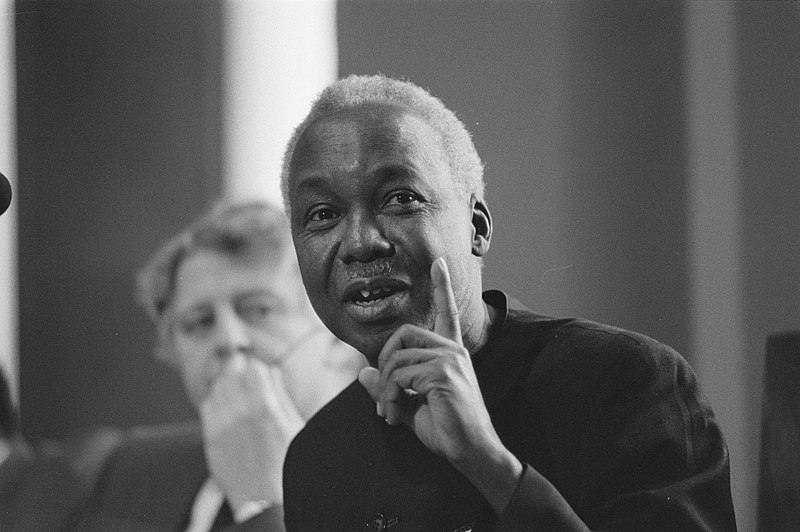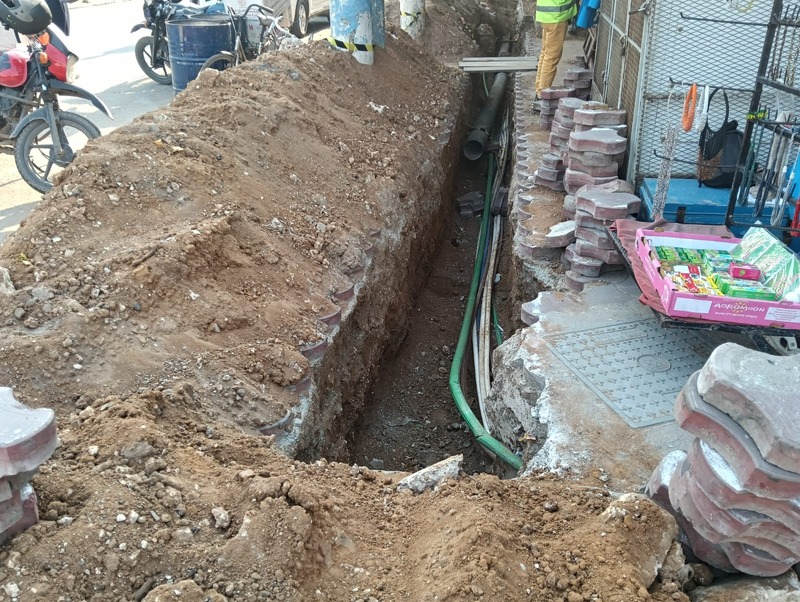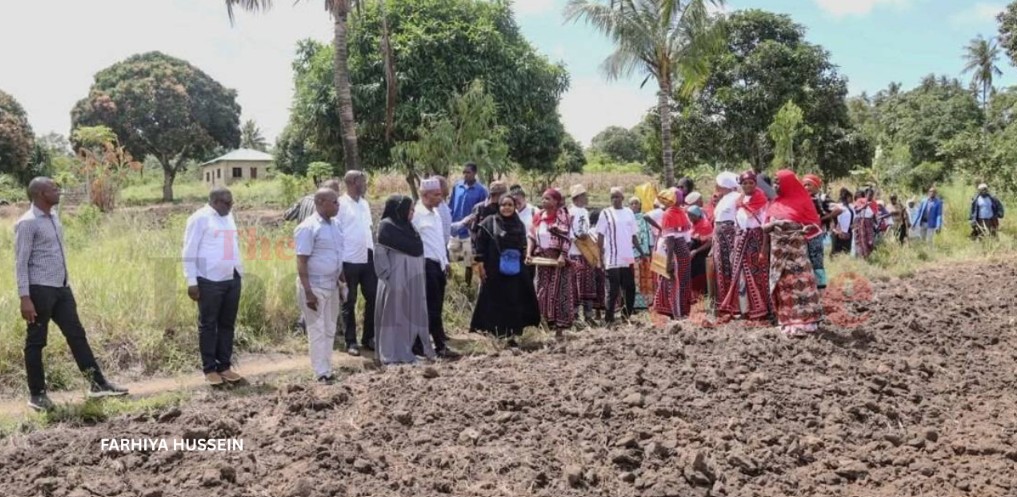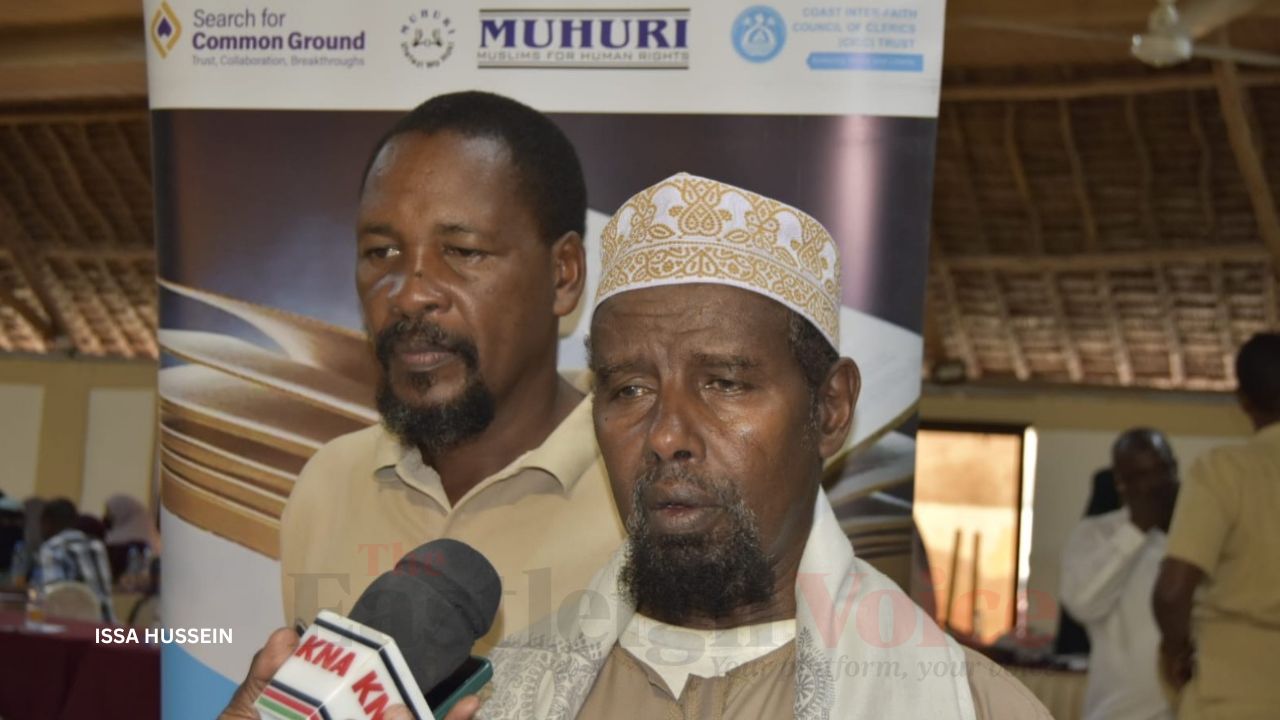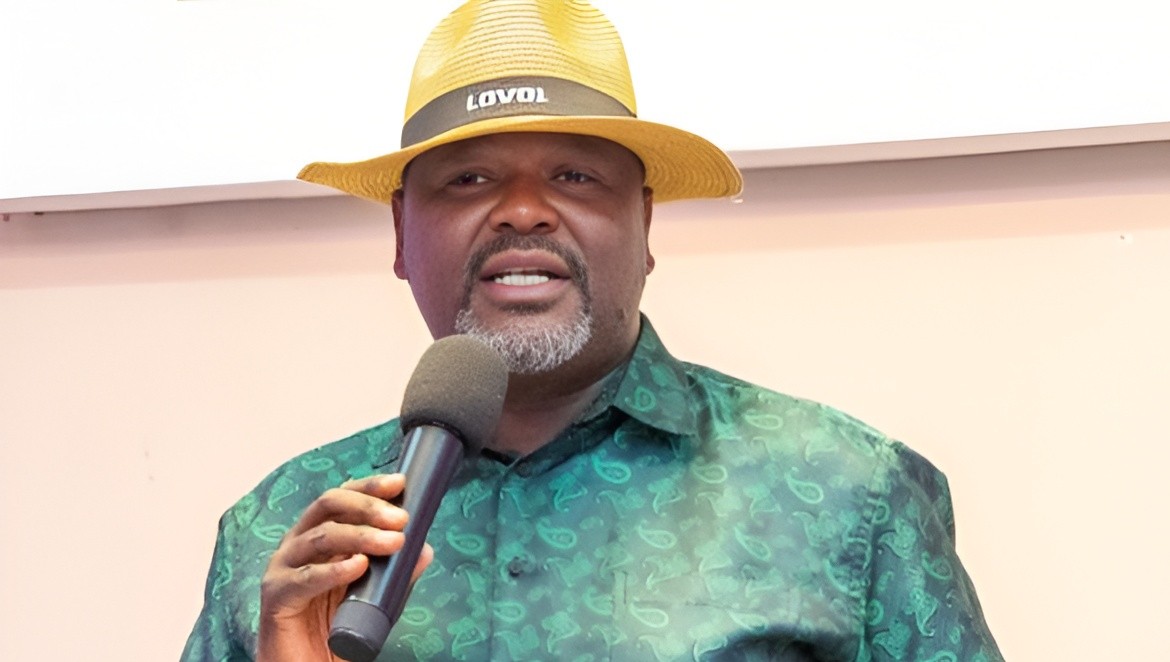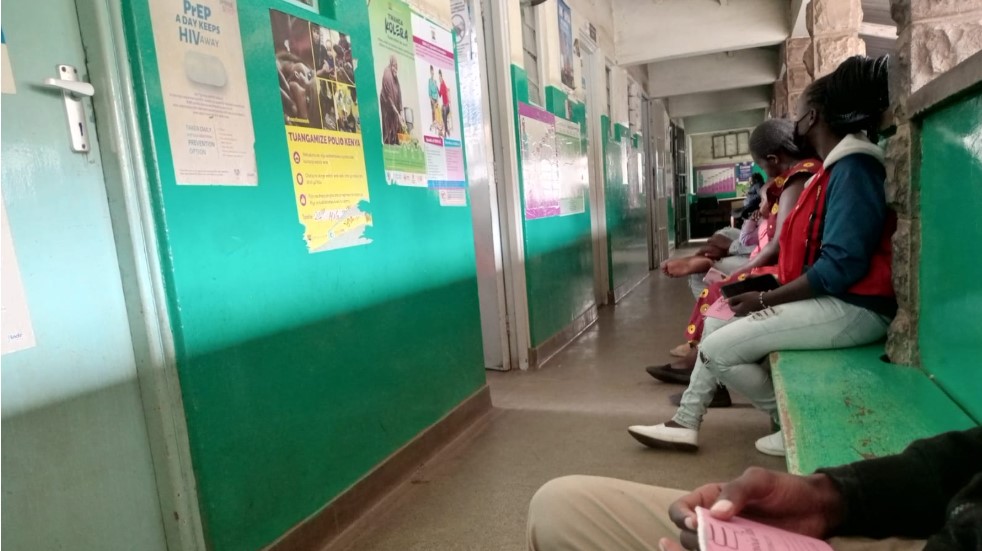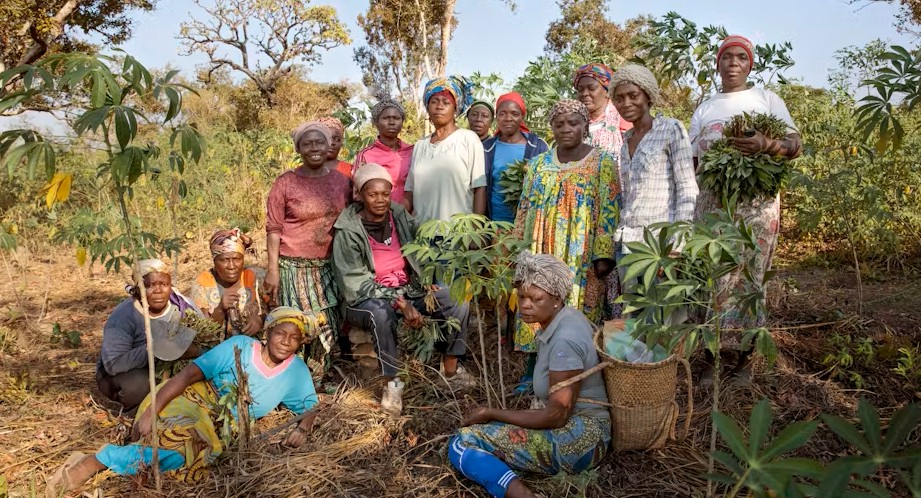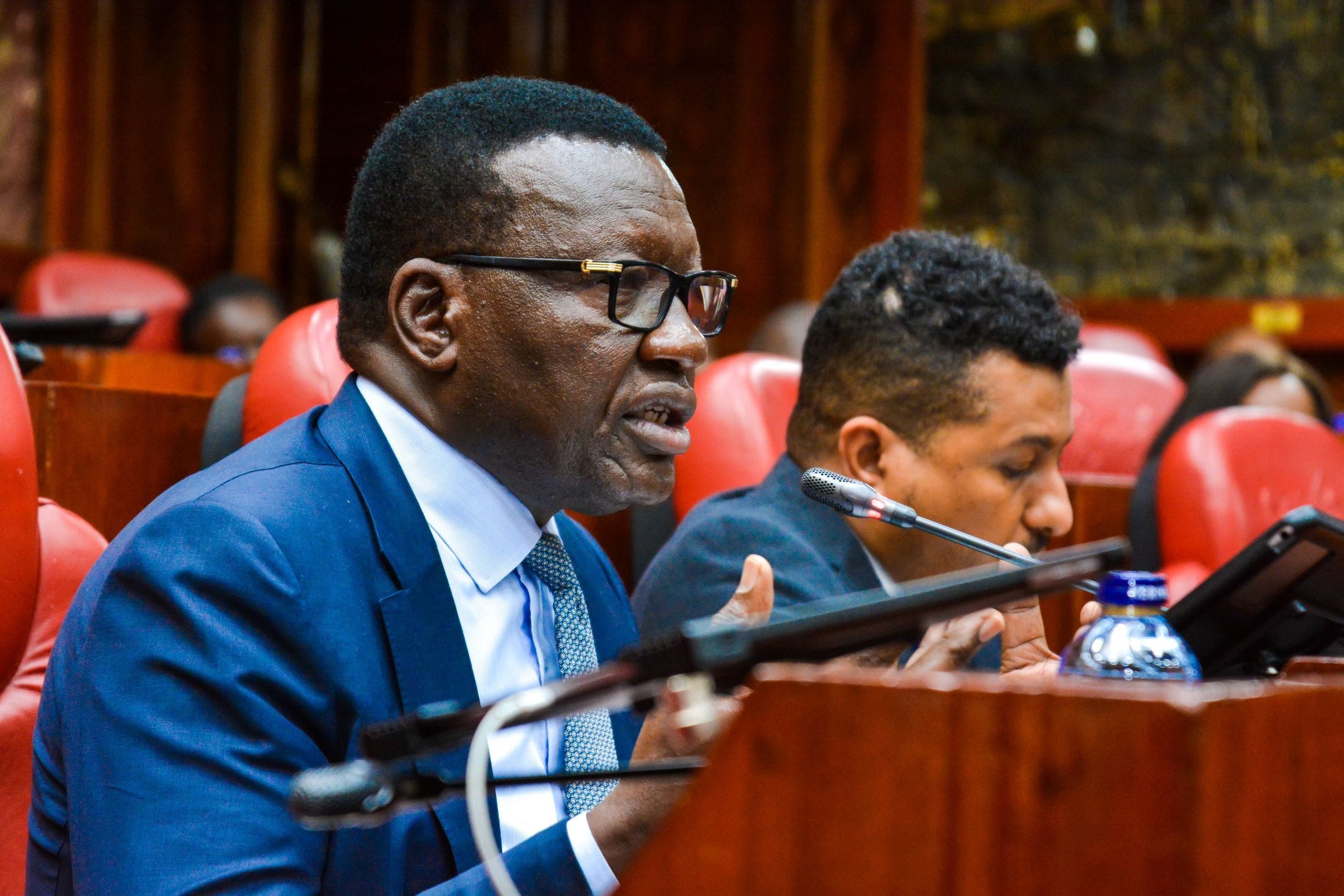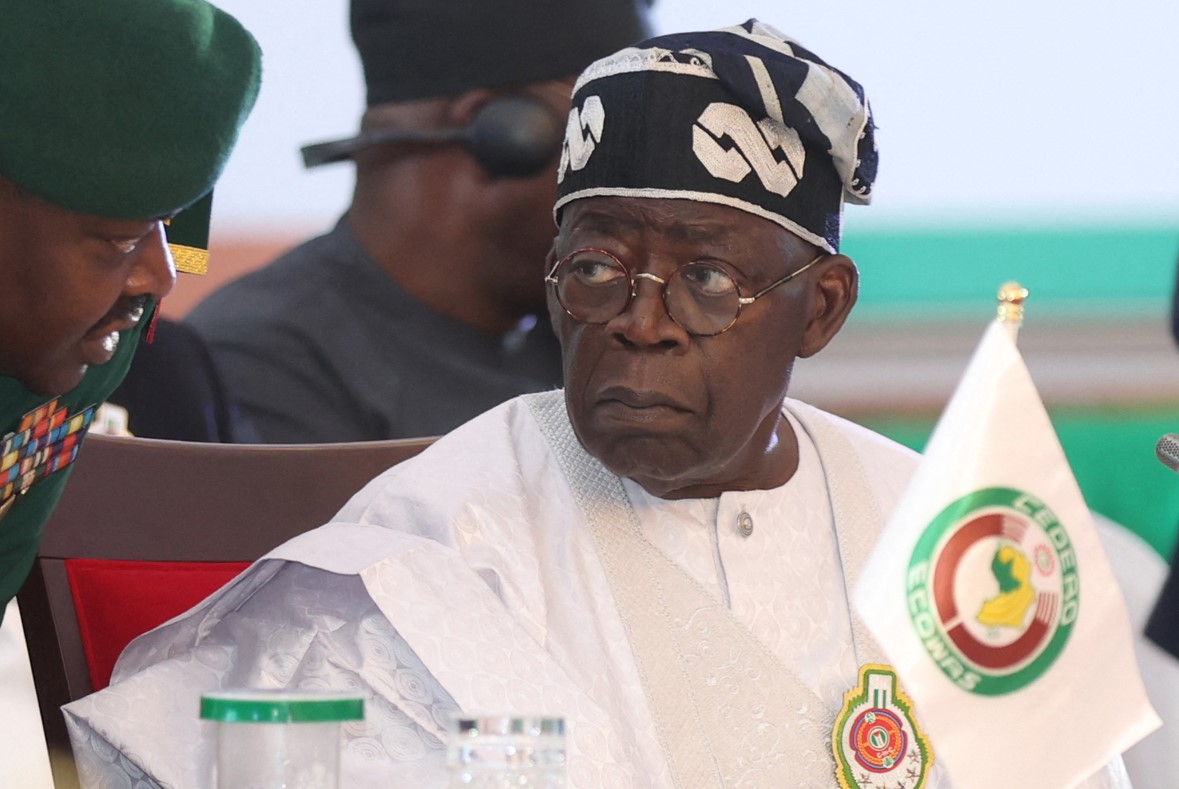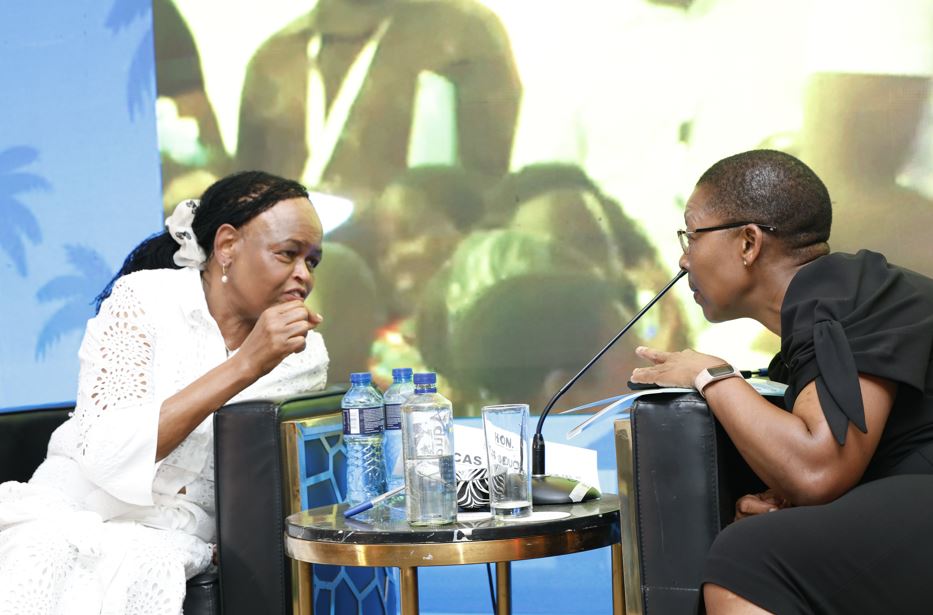Fresh row looms among MPs as senators demand involvement in budget-making
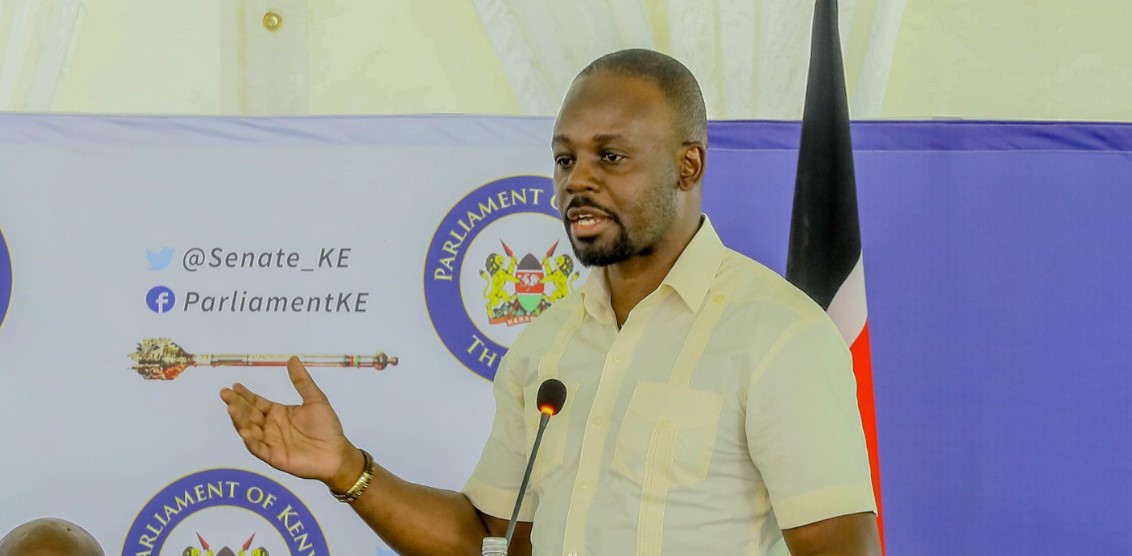
Narok Senator Ledama Ole Kina supported the proposal, saying the Senate is committed to strengthening devolution by ensuring counties receive adequate funding.
A fresh battle is brewing between the Senate and the National Assembly as senators push for a more active role in the country’s budget-making process. The lawmakers argue that financial matters should not be the exclusive domain of MPs, insisting that both Houses must have a say in shaping national expenditure.
The senators are invoking Article 249(3) of the Constitution, which they say allows them to participate in the budget process.
More To Read
- Raila pushes for expanded devolution, says counties should run schools and local infrastructure
- Raila urges more devolution, says governors should answer to county assemblies, not Senate
- Digital workers slam Senate’s controversial business laws Bill amid concerns over rights violations
- Clash looms as Senate pushes for expanded powers in new Bill
- Kenyans invited to submit views on proposed population and development council
- Treasury, Senate threaten funding cuts over counties’ financial mismanagement
Speaking at the end of a Senate retreat in Naivasha, Homa Bay Senator Moses Kajwang’ said they had resolved to ensure that future budget estimates are tabled before the Senate for debate in the same way they are presented in the National Assembly.
“We have agreed that we will move a motion in plenary calling on the National Treasury and all other institutions involved in budget-making to ensure that the budgets are presented before the Senate. The budgeting of these commissions has been done exclusively by the National Assembly, but the law requires Parliament as a whole to be involved,” Kajwang’ said.
Narok Senator Ledama Ole Kina supported the proposal, saying the Senate is committed to strengthening devolution by ensuring counties receive adequate funding. He emphasised that the independent commissions tasked with holding counties accountable must also be well-funded.
“The Senate will continue to fight for devolution but at the same time demand accountability by supporting the institutions that oversee them,” Ole Kina said.
The Senate Minority Whip further explained that senators plan to introduce a constitutional amendment Bill to revise Articles 95, 96, and 109, to transform the Senate into a full upper House with greater legislative authority.
“The Senate will propose a constitutional amendment Bill to amend Articles 95, 96, and 109 to ensure that the Senate becomes the full upper House and plays a critical role in all legislative work of Parliament,” he said.
He argued that since senators are elected by the people, they should have a say in bills that directly affect citizens.
The proposed changes, which are part of a constitutional amendment Bill sponsored by Nyamira Senator Okong’o Omogeni, seek to harmonise the legislative roles of both Houses.
“The proposed amendment Bill seeks to take care of the public interest by ensuring that legislative authority is shared between the two Houses, both of which have an electoral mandate from the people,” Omogeni said.
Constitutional amendment Bill
The senators have also formed a three-member team consisting of Omogeni, Kisii Senator Richard Onyonka, and Migori Senator Eddy Oketch to examine a separate constitutional amendment Bill currently before the National Assembly. The bill seeks to entrench the National Government Constituency Development Fund (NG-CDF) and the Affirmative Action Fund in the Constitution.
They questioned why MPs want to be involved in development projects while excluding senators, who are also elected leaders.
“If the amendments seek to allow elected leaders to participate in development projects, then the Senate should also have its own development fund. It would not be fair for MPs to undertake projects alone while senators, who are equally elected, are left out,” Omogeni said.
The National Treasury has projected a budget of Sh4.49 trillion for the 2025/26 financial year, a significant increase from the Sh3 trillion allocated in the previous year.
Sharable revenues
According to the draft Budget Policy Statement for the Medium-Term Expenditure Framework (MTEF) 2025/26–2027/28, released on Wednesday, the budget will cover the three arms of government and provide sharable revenues to county governments.
The draft report indicates that the national government will receive Sh2.7 trillion, an increase from the Sh2.3 trillion allocated in the 2024/25 financial year.
The executive will take the largest share of this allocation, receiving Sh2.68 trillion, which accounts for 59.8 per cent of the total budget. Parliament has been allocated Sh42.4 billion (0.9 per cent), while the Judiciary will receive Sh25.6 billion (0.6 per cent).
Meanwhile, county governments will experience a slight reduction in their allocation, set at Sh405 billion, down from Sh410 billion in the previous financial year.
The 2025/26 budget will also see the government adopt a zero-based budgeting approach, ensuring that all expenditures are justified based on current needs rather than previous allocations.
Top Stories Today
- State moves to enforce peace deal in 50-year Angata Barrikoi land dispute
- Nyerere built a new army fit for African liberation: How he did it
- Ruku urges north eastern residents to register for IDs as barriers lifted
- Mwembe Tayari locals protest exclusion from Mombasa water project
- Medicine shortages, SHA challenges leave Kenyan patients struggling
- Interfaith initiative praised for fostering harmony in Garissa
